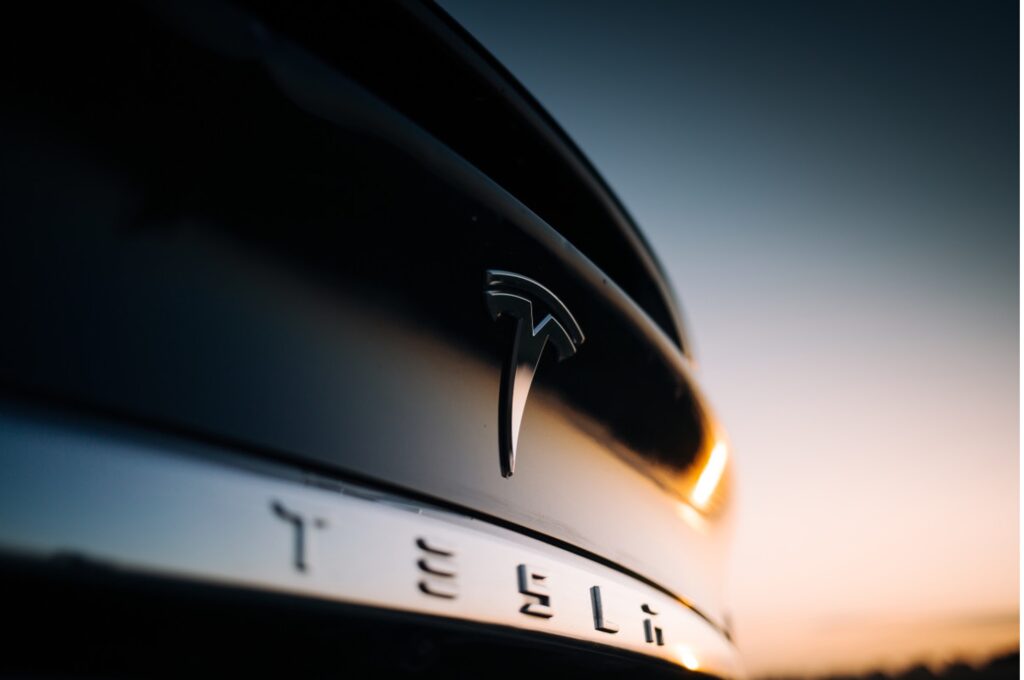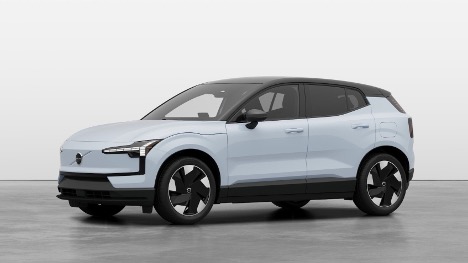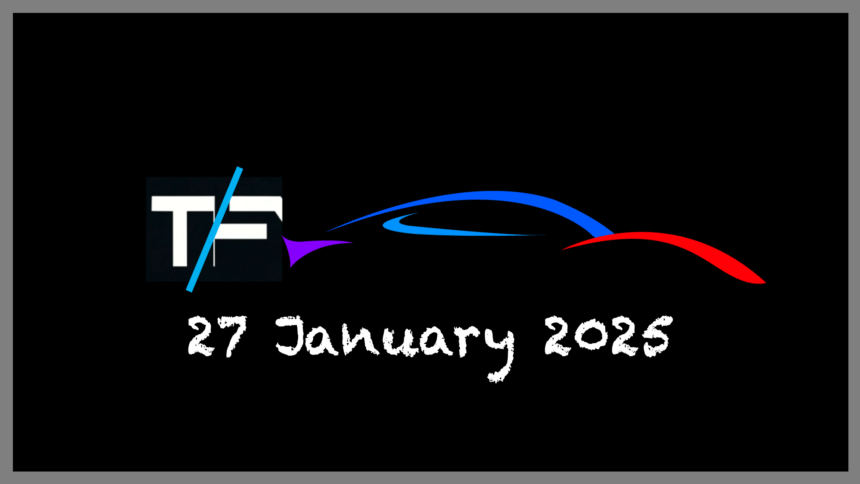The automotive industry is buzzing with activity in 2025 as key events unfold around recalls, electric vehicle (EV) racing, and cybersecurity challenges. Big names like Tesla, Volvo, and Subaru are dealing with their issues, from software updates to innovative racing tech. Meanwhile, Formula E is pushing the boundaries of EV racing with a new charging feature. Here’s an overview of these developments and why they matter to the auto industry.
What’s Happening & Why This Matters
Tesla Issues Major Recall Due to Rearview Camera Issues
Tesla has issued a recall affecting nearly 240,000 vehicles in response to a malfunctioning circuit board that impacted the rearview camera. The recall primarily affects 2024-2025 Model 3, 2024-2025 Model S, 2023-2025 Model X, and 2023-2025 Model Y vehicles. However, there’s a silver lining: Tesla plans to address the issue with a simple over-the-air (OTA) software update. The company will replace the faulty circuit boards for cars with hardware issues free of charge.
While the rearview camera issue is inconvenient, it is not considered a major safety threat. OTA updates have made Tesla’s recall process smoother than traditional recall methods. This modern approach to vehicle fixes can reduce the need for owners to visit service centers, making the process faster and more efficient.

However, this isn’t Tesla’s only concern. The company is also facing an investigation over its “Actually Smart Summon” feature, which has caused some cars to collide with stationary objects. These ongoing issues highlight the importance of thorough testing and software reliability in the rapidly evolving world of self-driving vehicles.
Volvo’s EX30 Electric Car Priced Higher Than Expected
Volvo’s EX30 electric car has been a highly anticipated model, but price changes have disappointed budget-conscious customers. Originally expected to start at $35,000, the EX30 will now debut in the U.S. at $44,900 — nearly $10,000 more than expected. The pricier version has two motors, 422 horsepower (315 kW), and 253 miles (408 km) range. Although the EX30 has been a hit in Europe, Volvo’s prediction of higher demand for the more expensive model in the U.S. is a surprise.

This price increase comes after production delays related to tariffs, and now Volvo’s customers face limited options at the lower price point. The EX30 Ultra variant will also be available for $46,600, with customers having the option to choose from different trims. This change reflects Volvo’s shift in strategy to meet demand for premium EV features despite earlier promises of more affordable options.
Subaru Models Face Serious Security Vulnerabilities
In a troubling development for Subaru, a security flaw in the company’s Starlink service exposed critical vehicle data, including location history. Researchers discovered that hackers could remotely unlock, track, and even start Subaru cars through the company’s employee admin portal vulnerabilities. This flaw allowed attackers to access location data for up to a year, tracking the precise movements of vehicles and even their parking spots. While Subaru has patched the vulnerabilities, the discovery sheds light on the privacy risks associated with modern connected cars.
As cars become more connected, automakers must address the security risks in their technologies. Data from vehicles can reveal sensitive information, such as the locations of private meetings or doctor visits. Privacy concerns around vehicle tracking will likely become a more significant issue as vehicle data becomes more integrated into everyday life.
Formula E Gets a Boost with Ultra-Fast Charging
Formula E, the premier electric vehicle racing series, is introducing 600 kW fast-charging pit stops for the upcoming season. This technology will allow teams to recharge their EVs incredibly fast, reducing downtime during races. Teams can now charge as quickly as an all-electric road car, which takes approximately 30 minutes to charge at a 7 kW home charger.
This innovation could change the dynamic of EV racing, creating more unpredictability and excitement. With the inclusion of pit boosts, Formula E races will now feature more strategic depth. Boosts allow teams to recharge quickly and gain a competitive edge. This technology also showcases the potential of ultra-fast battery charging, a crucial advancement for the electric vehicle market.

TF Summary: What’s Next
The automotive industry faces significant technological and security shifts, with recalls, racing innovations, and cybersecurity issues driving the conversation. Tesla’s ongoing recall indicates the importance of reliable software and automotive security in modern cars. Meanwhile, Volvo’s price changes and Formula E’s introduction of fast-charging tech represent a growing emphasis on EV development. As 2025 progresses, TF expects more announcements about EV technology innovations and increasing attention on vehicle privacy and security.
— Text-to-Speech (TTS) provided by gspeech.


